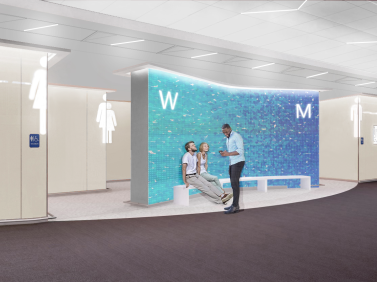Deaf customers should have sufficient film choices in Frederick County
Deaf residents of Frederick County are a vital, important pillar of our community, and when they ask something of local business owners, they should be given close attention. Many deaf children come to Frederick to study at Maryland School for the Deaf, and many graduates of the historic school stay on or return after college to begin their careers. For deaf people, Frederick is a welcoming community. They in turn have enriched our county.

